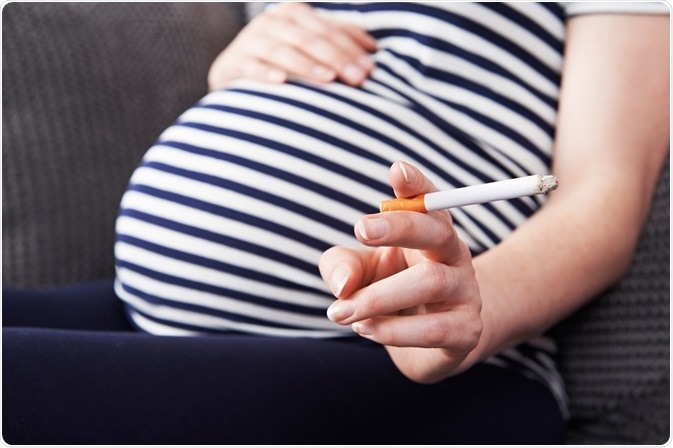
Smoking and Pregnancy: A Comprehensive Guide
Introduction
Smoking during pregnancy poses significant risks to both the mother and the developing fetus. Nicotine, the primary addictive substance in cigarettes, crosses the placenta and reaches the fetus, affecting its growth and development. This article provides a comprehensive overview of the effects of smoking on pregnancy, including the risks to the mother, the fetus, and the long-term consequences for the child.
Risks to the Mother
- Preeclampsia: Smoking increases the risk of preeclampsia, a serious condition characterized by high blood pressure and protein in the urine. Preeclampsia can lead to premature birth, low birth weight, and other complications.
- Placental abruption: Smoking can cause the placenta to detach from the uterine wall, leading to placental abruption. This condition can be life-threatening for both the mother and the baby.
- Premature birth: Smoking increases the risk of premature birth, which can lead to serious health problems for the baby.
- Low birth weight: Babies born to mothers who smoke tend to have lower birth weights than babies born to non-smokers. Low birth weight can increase the risk of health problems in infancy and later life.
- Ectopic pregnancy: Smoking increases the risk of ectopic pregnancy, a condition in which the fertilized egg implants outside the uterus. Ectopic pregnancies can be life-threatening for the mother.
Risks to the Fetus
- Miscarriage: Smoking increases the risk of miscarriage, especially in the first trimester.
- Stillbirth: Smoking increases the risk of stillbirth, which is the death of a baby before birth.
- Birth defects: Smoking has been linked to an increased risk of certain birth defects, including cleft lip and palate, heart defects, and neural tube defects.
- Sudden infant death syndrome (SIDS): Smoking during pregnancy increases the risk of SIDS, which is the sudden and unexplained death of a baby under one year old.
- Long-term health problems: Children exposed to smoke in the womb are at an increased risk of developing respiratory problems, such as asthma and bronchitis, as well as cardiovascular disease and cancer later in life.
Effects on Fetal Development
Nicotine crosses the placenta and reaches the fetus, where it can have a number of negative effects on development.
- Reduced oxygen supply: Nicotine causes the blood vessels to constrict, which reduces the oxygen supply to the fetus. This can lead to fetal growth restriction and other developmental problems.
- Increased heart rate: Nicotine increases the heart rate of the fetus, which can put a strain on the fetal heart.
- Reduced fetal movement: Nicotine can reduce fetal movement, which is an important sign of fetal well-being.
- Altered brain development: Nicotine has been shown to alter brain development in fetuses, which can lead to behavioral problems and learning difficulties later in life.
Quitting Smoking During Pregnancy
Quitting smoking during pregnancy is one of the most important things a mother can do to protect her health and the health of her baby. However, quitting can be difficult, especially for women who are addicted to nicotine.
There are a number of resources available to help women quit smoking during pregnancy, including:
- Counseling: Counseling can provide support and guidance to women who are trying to quit smoking.
- Nicotine replacement therapy (NRT): NRT can help reduce nicotine cravings and withdrawal symptoms.
- Medications: Certain medications, such as bupropion and varenicline, can help women quit smoking.
Benefits of Quitting Smoking During Pregnancy
Quitting smoking during pregnancy has a number of benefits for both the mother and the baby.
- Reduced risk of complications: Quitting smoking can reduce the risk of preeclampsia, placental abruption, premature birth, and low birth weight.
- Improved fetal growth: Quitting smoking can help improve fetal growth and development.
- Reduced risk of birth defects: Quitting smoking can reduce the risk of birth defects, such as cleft lip and palate, heart defects, and neural tube defects.
- Improved long-term health outcomes: Quitting smoking during pregnancy can improve the long-term health outcomes of the child, reducing the risk of respiratory problems, cardiovascular disease, and cancer.
Conclusion
Smoking during pregnancy poses significant risks to both the mother and the developing fetus. Quitting smoking during pregnancy is one of the most important things a mother can do to protect her health and the health of her baby. There are a number of resources available to help women quit smoking during pregnancy, and the benefits of quitting are substantial.